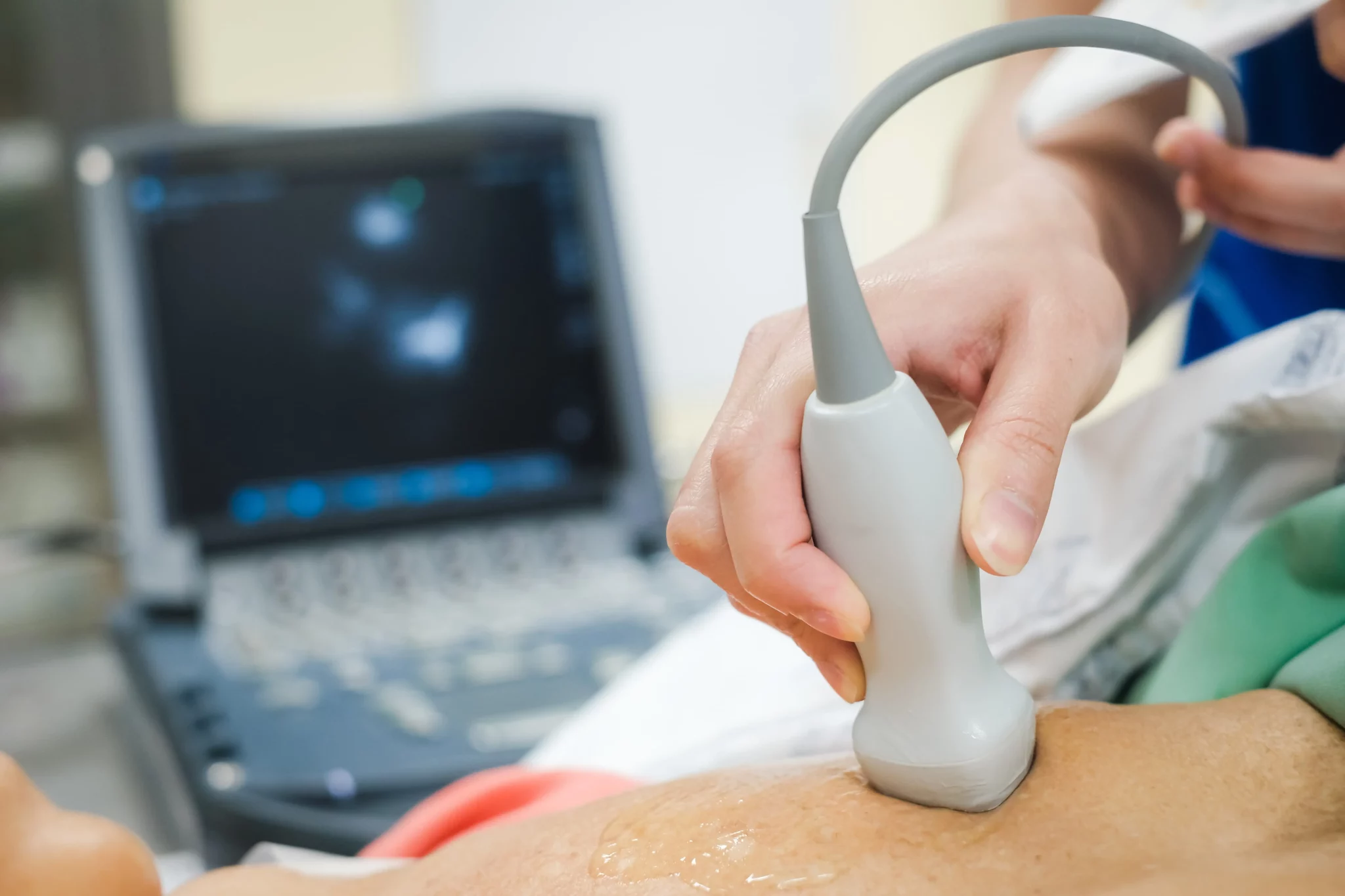The transition from military life to civilian life can present many challenges for veterans. Finding a profession that is both interesting, financially profitable, and meaningful can seem like a daunting task. You’re probably looking for something that will provide value to your community, while still offering exciting growth opportunities. A career as a radiology technologist might be a perfect fit for you.
What exactly do radiology technologists do? Diagnostic imaging encompasses ultrasound, echocardiogram, CT and X-ray scans, and more. Technologists work directly with patients to prepare them for scans, perform the imaging scans, and catalog the results. Whether you complete scans at a hospital or healthcare facility or provide at-home service, on-demand diagnostic imaging is increasingly necessary for today’s healthcare landscape. There are multiple employment benefits for on-call radiology technologists, including an autonomous and flexible schedule.
Transferable Skills
Coming from a branch of the U.S. military, you might be concerned that a lot of the skills and expertise you’ve gained might not transfer to a civilian career. With a career in radiology, you will use some of the capabilities acquired over your time in the armed services. Let’s go over a few of the skills you’ll need (and likely already have) for this rapidly evolving and expanding profession.
Technical Expertise
As a member of our country’s military, you’re used to working with highly advanced and specialized equipment. Radiology technologists also must have specific technical expertise and competence to provide direct service to patients through a combination of various pieces of hardware and software.
Ultrasound and echo ultrasound technologists utilize state-of-the-art software like PACS imaging systems and Electronic Medical Record (EMR) systems during each procedure. When employed by a company like Roshal Health, you could work in a multitude of spaces: hospitals, free-standing ERs, or even in a patient’s home. Wherever you are, you’ll need to understand the technical requirements and have proficiency in specific equipment settings.
Rigid Protocols and Procedures
As with any medical field, radiology technologists must uphold high levels of protocol and procedural adherence.
With each patient, you’ll need to maintain High-Level Disinfection (HLD) procedures. The HLD process provides a sterile environment for the imaging equipment and the patient by killing all microorganisms. Cleaning followed by high-level disinfection should eliminate enough pathogens to prevent transmission of infection.
As a Roshal Health technologist, you’ll provide end-to-end imaging services. This means that you’ll not only be responsible for scans, but also all equipment maintenance. This includes machine calibration checks, completing EMR documentation, and more – giving you an opportunity to apply your procedural skills in the healthcare setting.
While an on-demand technologist’s schedule isn’t necessarily rigid, whenever you receive an imaging call, you’ll have to respond quickly and professionally. A sense of urgency and duty is a must, as people’s health depends on the timing and accuracy of their imaging scans.
Compassion
As an on-demand radiology technologist, you’ll provide imaging services to a wide range of people with varying backgrounds and life circumstances, and you need to view them as more than just numbers and images on a screen. You can positively impact patient health in your community by delivering meaningful and essential care to each person you encounter.
Some of these patients might not have full access to standard healthcare facilities and may need on-demand imaging services brought to their homes due to a variety of reasons: advanced age, access to reliable transportation, or an at-risk condition that prevents them from visiting a hospital. You will have opportunities to serve patients in their most personal and intimate settings, where a sense of service and compassion is a must.
At Roshal Health, compassion is at the heart of what we do and guides our company mission. All of our technologists treat patients with respect and dignity at each point in the imaging process, and we’ve created a culture that provides a seamless transition from military service to healthcare service.
What’s Needed
Before you begin your career as an ultrasound technologist, you’ll need to achieve some necessary credentials and training requirements. Military training certifications are not recognized in these civilian roles, so you’ll need to qualify and complete the necessary training.
Here is what you’ll need:
- Certification in Basic Life Support (BSL) from the American Heart Association. This course generally takes several hours to complete and will teach you essential skills like CPR, the AHA Chain of Survival, and more.
- Credentials from the American Registry for Diagnostic Medical Sonography (ARDMS), which teaches DMS, RVT, Abdomen, OB-Gyn, RCS, etc.
- Either Registered Cardiac Sonographer or Registered Vascular Specialist credentials through the CCI.
Once you have these certifications and credentials, you will be eligible to apply for technologist positions in your chosen cities.
What’s Next
Ready to make a difference in your community in your post-military career? Radiology technologists with Roshal Health provide essential care to those in need, within a flexible schedule, and an autonomous, mobile lifestyle. Check out our Careers page to learn more about what it’s like to work as a Roshal Health technologist and see if we’re in a city near you!




